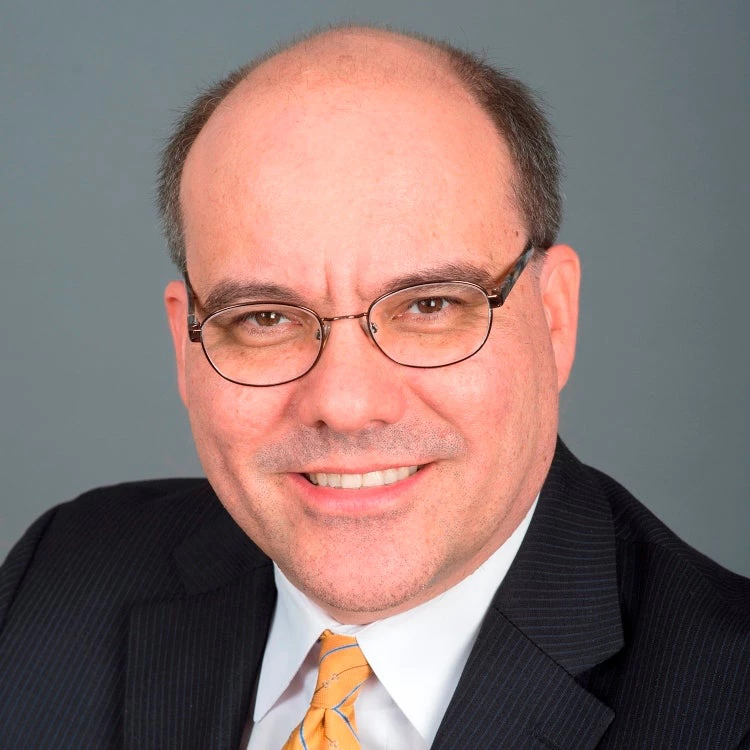Medellin, Colombia is experiencing an extraordinary transformation. Although it was known during the 1980s and most of the 1990s as the most violent city of the world, the city is putting those years behind by working toward building a more inclusive, vibrant, and resilient city.
The city of Medellin has successfully implemented an integrated and multi-sector approach that has included a combination of violence prevention programs and a deep commitment of its people to build a prosperous, inclusive and livable city. For that reason, the experience of Medellin in integral urban transformation and social resilience attracts intense interest from other cities around the world.
This week (May 29 to June 2, 2017), representatives from more than 35 cities are in Medellin sharing different methodologies and experiences with respect to security, coexistence, and resilience. This “Medellin Lab” is the first living laboratory program in Colombia, organized by Medellin’s International Cooperation and Investment Agency (ACI), the World Bank, USAID, and the Rockefeller foundation’s 100 Resilient Cities network.
In this video, Santiago Uribe, the Chief Resilience Officer (CRO) of the City of Medellin, as well as the World Bank’s Senior Director Ede Ijjasz-Vasquez ( @Ede_WBG) tell us a bit more about the experience of the Medellin Lab and the impact of innovative urban infrastructure in combatting crime and violence in low-income communities .
[[avp asset="/content/dam/videos/lac/2018/jun-3/how_is_medellin_a_model_of_urban_transformation_and_social_resilience-english_hd.flv"]]/content/dam/videos/lac/2018/jun-3/how_is_medellin_a_model_of_urban_transformation_and_social_resilience-english_hd.flv[[/avp]]
The city of Medellin has successfully implemented an integrated and multi-sector approach that has included a combination of violence prevention programs and a deep commitment of its people to build a prosperous, inclusive and livable city. For that reason, the experience of Medellin in integral urban transformation and social resilience attracts intense interest from other cities around the world.
This week (May 29 to June 2, 2017), representatives from more than 35 cities are in Medellin sharing different methodologies and experiences with respect to security, coexistence, and resilience. This “Medellin Lab” is the first living laboratory program in Colombia, organized by Medellin’s International Cooperation and Investment Agency (ACI), the World Bank, USAID, and the Rockefeller foundation’s 100 Resilient Cities network.
In this video, Santiago Uribe, the Chief Resilience Officer (CRO) of the City of Medellin, as well as the World Bank’s Senior Director Ede Ijjasz-Vasquez ( @Ede_WBG) tell us a bit more about the experience of the Medellin Lab and the impact of innovative urban infrastructure in combatting crime and violence in low-income communities .
[[avp asset="/content/dam/videos/lac/2018/jun-3/how_is_medellin_a_model_of_urban_transformation_and_social_resilience-english_hd.flv"]]/content/dam/videos/lac/2018/jun-3/how_is_medellin_a_model_of_urban_transformation_and_social_resilience-english_hd.flv[[/avp]]
You may also like:
- Blog post: In Cali, Colombia, social inclusion is key to reducing violence and building resilience
- Video blog: Why ending violence is a development imperative
- Report: Stop the Violence in Latin America: A Look at Prevention from Cradle to Adulthood
- Report: Inclusion Matters: The Foundation of Shared Prosperity




Join the Conversation